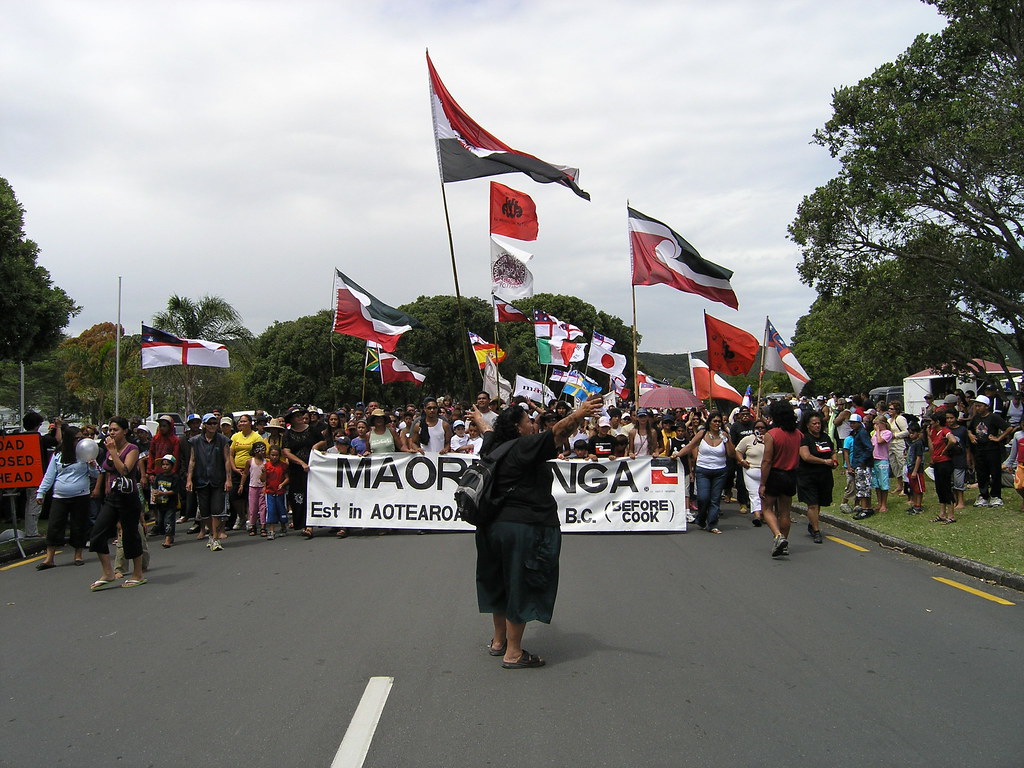The coalition Government’s legislation to restore the rights of communities to determine the introduction of Māori wards has successfully passed its first reading in Parliament, announced Local Government Minister Simeon Brown.
"Divisive changes introduced by the previous government denied local communities the ability to determine whether to establish Māori wards,” said Minister Brown.
The Local Government (Electoral Legislation and Māori Wards and Māori Constituencies) Amendment Bill aims to give councils that established a Māori ward without a referendum the option to reverse their decision or hold a binding poll during the 2025 elections on whether to continue with the Māori ward.
“Councils that retain their Māori wards will be required to hold a poll alongside the 2025 elections. The results of these polls will be binding on councils and will take effect for the local government term beginning October 2028,” explained Minister Brown.
This legislative change aligns with commitments under both the ACT and NZ First coalition agreements with the National Party to restore the right to local referendums on the establishment and ongoing use of Māori wards.
The Bill will also reinstate the requirement for 5 percent of voters to initiate a referendum on proposals for a Māori ward.
“The coalition Government’s view is that any decision to establish or disestablish a Māori ward is one that should remain with communities. These changes ensure that local communities have a say in their governance arrangements,” added Minister Brown.
Beyond the Māori wards issue, the omnibus Bill also includes amendments to the statutory timeframes for local elections. The delivery period for voting papers will be extended from six days to 14 days, and the voting period will be extended by ten days.
“NZ Post is no longer able to deliver voting papers for local elections within the current six-day window. Two weeks is now needed to complete nationwide delivery of voting papers for the 2025 local elections and beyond,” stated Minister Brown.
“Our Government’s changes ensure that voters, particularly those in our rural communities, can continue to participate in their local elections by receiving their voting papers and returning them in time.”
The Bill will undergo a shortened committee process to ensure changes are implemented in time for councils to make their decisions before the 2025 local elections.











